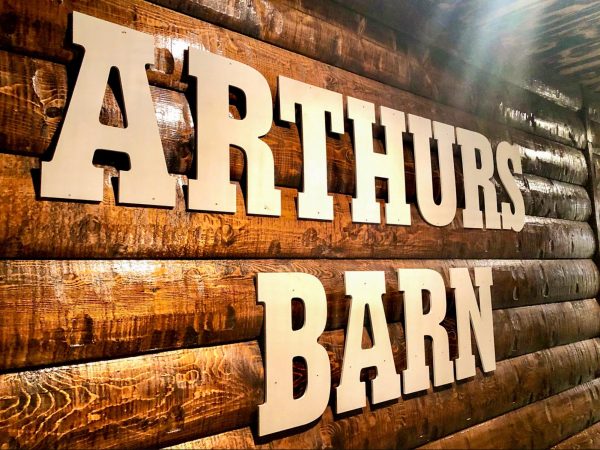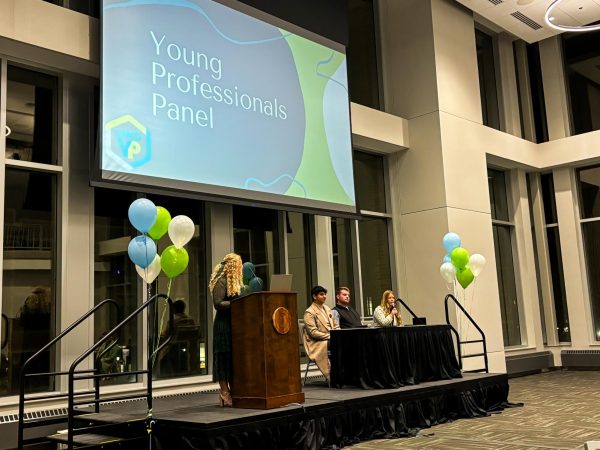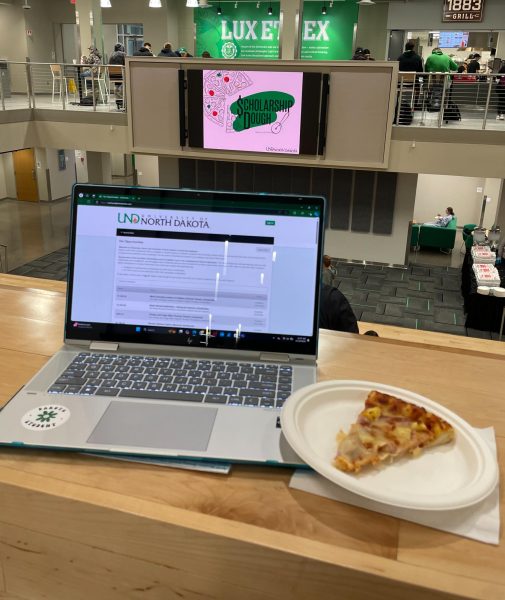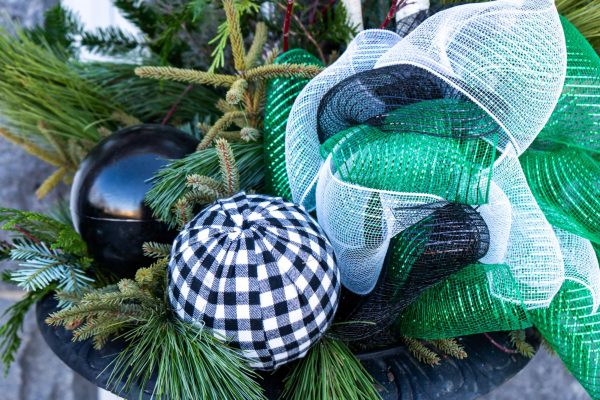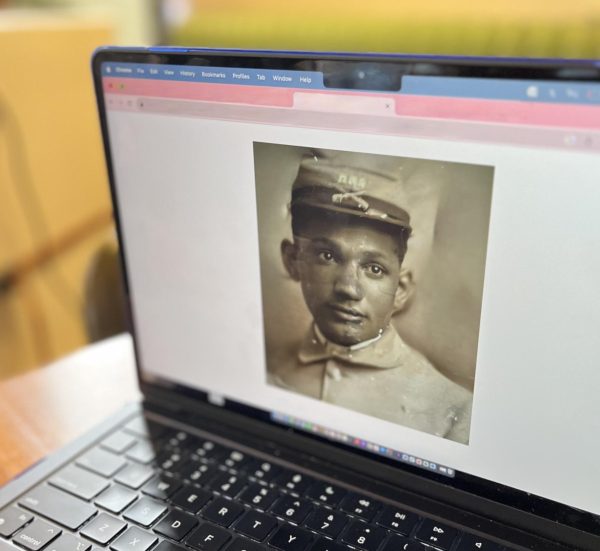Holiday hits on variety
This Halloween, schools are urging careful costume decisions amongst students.
A display of Halloween decorations outside Swanson residence hall. Photo by Chester Beltowski.
A recent email from the University of Minnesota advising students to think twice about their costume choices made its way to the inboxes of many UND staff and faculty last week.
The email, addressing costumes, was sent out to the University of Minnesota’s students prior to the Halloween festivities. It reminded students to be thoughtful while celebrating the holiday, but in particular to, “keep in mind that certain Halloween costumes inappropriately perpetuate racial, cultural, and gender stereotypes.”
Vice President for Student Affairs Lori Reesor appreciated the philosophy and intent of the message.
“I think that it’s an opportunity to educate students on decision making,” Reesor said. “On what may seem innocent and fun, but can often be stereotypical and disrespectful to other people.”
Students were warned that “although it may not be the intent, these costumes, and choosing to wear them, can depict identities in ways that are offensive or hurtful to others,” and were encouraged to “take care” in selecting their own costumes this year.
UND has not taken a public stance on the issue, but Reesor wishes it had.
“I would think as an institution we would agree with that philosophy,” Reesor said. “I wish we would have, it could have been a great opportunity to have students to be thoughtful before they go out for Halloween.”
Reesor said it is unfortunate people still have to be told what is or isn’t appropriate.
“I think we’ve made great progress in terms of diversity and inclusion, but I also know we still have work to do,” Reesor said. “It’s just an opportunity to educate people about that some costumes are stereotypical and offensive and are based on old stereotypes that people don’t want perpetuated anymore.”
Student assistant Yolonda Cox and the Multicultural Center see it differently.
“The mind set has changed, but just to reinforce to be sensitive to other cultures (and) to other ethnicities may have been the purpose of the email,” she said.
While addressing the issues of perpetuating racial, gender and cultural stereotypes on Halloween is a helpful step, both Reesor and Cox agree dialogue with the both sides may provide better understanding and communication.
“I think that dialogue is the key to all of this,” Reesor said. “The only way we’re going to learn about other cultures and backgrounds is if we have open conversations … and if anything an email like this helps have those conversations of what may be offensive to one is not to others.”
Cox acknowledges that even with dialogue things may not change.
“I think there can be a dialogue, but I guess at the end of the day, you have to remember that people will still do what they want to do,” she said. “But, as long as there’s an avenue for someone or a group of people who feel offended by such a costume, then there should be some type of way they could voice their concerns regarding that.”
Reesor said there is avenue for students who are harassed, offended or discriminated against to voice their concerns through the Dean of Students Office.
“Other people think that we’re all too sensitive,” Reesor said. “But, if somebody said to a friend, ‘that hurts me, it makes me feel bad,’ why would you disregard that? So to me it’s about respecting people’s wishes and being respectful of those issues.”
Paula Kaledzi is a staff writer for The Dakota Student. She can be reached at [email protected].



